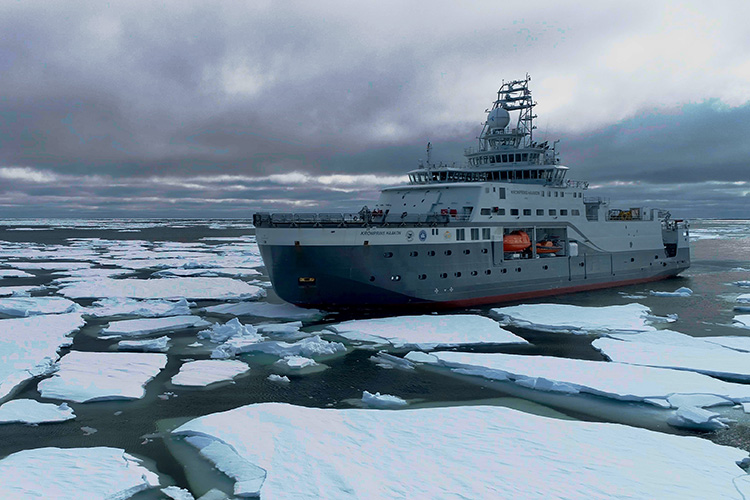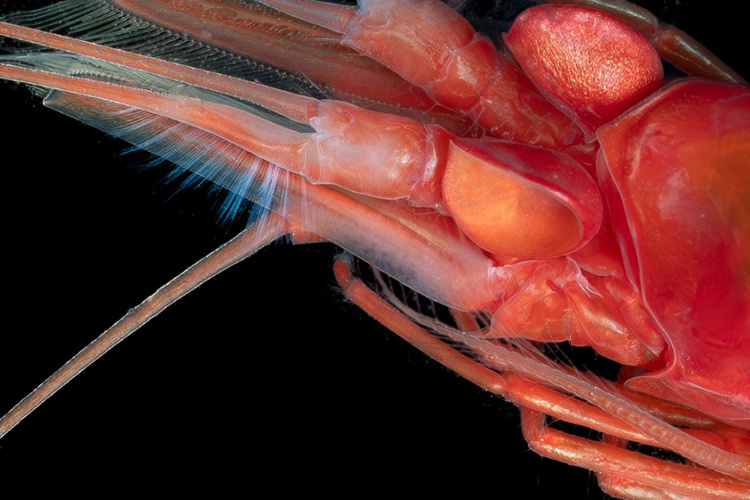
An expedition has set out to search for new species living in little-explored deep-water vents in the frigid Arctic Ocean
By
Budding explorers might feel that the whole world has been mapped and its secrets revealed. But, as a new expedition hopes to show, there’s still much about our wonderful planet that we don’t yet know and some places we’ve yet to lay eyes on.
The Ocean Census Arctic Deep expedition, which set sail from Tromso, Norway on 3 May 3 and is scheduled to return to port on 24 May, aims to uncover some of the secrets of the Arctic Ocean’s deepest and most extreme marine habitats. On board the expeditions boat, the RV Kronprins Haakon research vessel, is a multi-disciplinary team of 36 scientists from 15 universities and institutes whose goal is to explore and chart a series of hydrothermal vent fields, carbon seeps, seamounts and deep-sea ridges. To do this the expedition will be deploying multiple technologies for gathering data and samples, including remotely operated vehicle (ROV), which can make detailed recordings and take samples at great depths.
With only 1,100 species currently described from the Arctic Ocean, the team involved are hopeful of new discoveries as Prof Jon Copley from the University of Southampton explains, ‘When we’re in the deep ocean, there’s always a very high chance, particularly when we’re up in a polar region like this, that we’re going to find new species. Exploring these environments where the conditions are different to everywhere else. The polar regions and the hot springs on the ocean floor are where we’re going to find adaptations that we don’t see anywhere else on Earth.’

To add to the excitement many of the sites the expedition is planning on surveying are poorly studied or have never been visited before. Worryingly, though, some are already being targeted for deep-sea mining. Nina Jensen, from REV Ocean, hopes that the expedition will shine a light on these areas that are threatened before we’ve even properly discovered them, ‘My hope is, of course, that the mission discovers tons of new species, but also that it gets people more excited about these deep-sea ecosystems and that it puts more pressure on regulators to protect, preserve, and manage these ecosystems in a much better way than they’re doing at the moment.’
The polar regions are also on the front line of climate change and Jan- Gunnar Winther, Pro-rector for Research and Development, Arctic University of Norway hopes that the expedition will return with vital new information. ‘The poles today, I think, stand out as extremely important for understanding both climate change and what’s going on, and not least the consequences of climate change. Everything is connected. And that’s why if you study the polar regions, you also study the planet’.
You can follow news of the expedition through their website.
Related articles:




